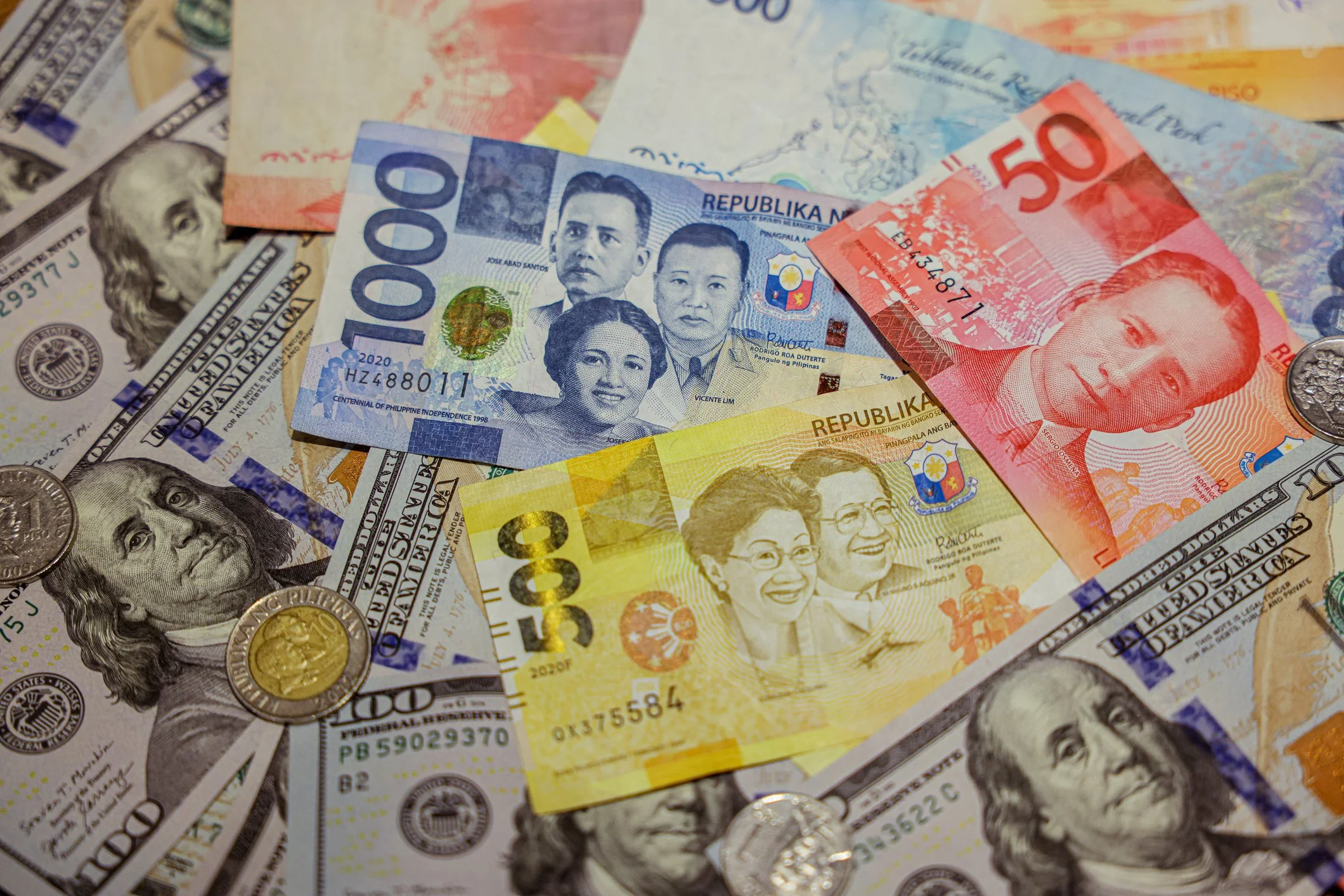Why Some Filipinos Are Calling for a "Zero Remittance Week" and What It Says About Our Global Power (But It Might Not Be the Flex Some Think It Is)
When you think of remittances, you think of sacrifice. You think of your tita in Toronto, your kuya in Kuwait, or your cousin grinding double shifts in Daly City so their families back in the Philippines can stay afloat.
But this week, some Filipinos abroad are flipping the script.
In response to the International Criminal Court’s (ICC) arrest of former President Rodrigo Duterte over his deadly “War on Drugs,” certain groups of OFWs (Overseas Filipino Workers) are organizing a protest called “Zero Remittance Week.” What does this mean exactly? It means they are calling for regularly remittances to be withheld from the Philippines to show opposition to what they claim is an attack on Duterte and a betrayal of his legacy.
And while it’s definitely headline-worthy: protest through pesos? activism via ATM? - it’s also sparking major debate, especially among Gen Z and Millennial Filipinos who are caught between activism and practicality.
Let’s talk about what this protest actually means, and why it might not be the move we think it is.
First, some context. Duterte’s war on drugs killed thousands of people, mostly poor and struggling citizens without means. His administration was widely criticized for human rights abuses and extrajudicial killings. The ICC has been investigating him for years. And now, it’s official: the former president has been arrested and faces international prosecution for this systemic type of persecution.
In response, pro-Duterte OFWs (particularly in Europe and the Middle East) are organizing a one-week freeze on remittances, in hopes of sending a message that they're not okay with how things are going back home.
It's a power play. But like all power plays, it comes with a price. A steep one.Why? Because the Philippines runs on remittances. Let’s be real: the Philippine economy depends heavily on its diaspora. In 2023 alone, remittances hit $36 billion. USD, not PHP- so yeah, quite significant. That money fuels the economy, supports families, and literally keeps food on the table. OFWs aren’t just workers abroad, they’re pillars of their communities back home.
So a one-week boycott? It's a mic drop. But it's also risky. Because while the target is “the system,” the people most affected are often the ones at the bottom. The single mom waiting on a grocery budget. The grandparents needing medicine. The student whose tuition is already past due.
As much as the government might feel a symbolic sting, it’s everyday Filipinos, the very people protesters claim to protect, who could suffer the most.
So we’re all for protest, BUT PLEASE, MAKE IT MAKE SENSE.
It’s easy to support the idea of protest when it feels empowering. And yes, “Zero Remittance Week” is bold. It reframes OFWs not as passive earners but as global stakeholders with economic clout.But here's the catch: withholding financial support from families in an already volatile economy is a dangerous form of collateral damage. Especially in a country still recovering from inflation, natural disasters, and political instability.
Economists are saying the financial impact might be “slight” if the boycott stays localized to Europe. But what happens if it spreads to the US and Canada? Is it still activism if it harms the very people you’re trying to defend?
Like most movements, this isn’t only about one man. It’s about legacy. Loyalty. Identity. For some OFWs, Duterte represented strength, order, and a break from corrupt politics. His arrest feels like betrayal to them. But for others, especially younger Filipinos and those from communities impacted by his drug war, this is accountability finally arriving, late, but still showing up.
We’re seeing a cultural divide within the diaspora. And the battleground? Western Union receipts.
So... Is “Zero Remittance Week” it? Yes, It’s valid to want to take a stand. It’s valid to feel frustrated, angry, unheard. But remittances are not just money—they're lifelines. They’re emotional, relational, essential. Turning them into political weapons is messy, even dangerous. This protest may be well-intentioned, but it could set a precedent that hurts the people it’s supposed to protect. And that’s something every kababayan-Duterte supporter or not-needs to consider.
At the end of the day, “Zero Remittance Week” reveals the undeniable influence of Filipinos abroad. We’re not just a workforce—we’re a global power bloc with the ability to make noise, stir headlines, and challenge the narrative.But with great power comes great… well, you know the rest.
Flex your voice. Flex your beliefs. But don’t forget the people back home who rely on you, not as protest pawns, but as family.
What do you think about the remittance boycott? Tag us @kollectivehustle and let’s talk it out. DMs always open. 🇵🇭💸✊🏽

























Grief is heavy on its own, but what happens when it’s compounded by betrayal, silence, and family fractures that never healed? Our guest contributing writer, Jennifer Redondo explores the painful truths behind toxic Filipino family dynamics and the cultural patterns we urgently need to break.
Read More